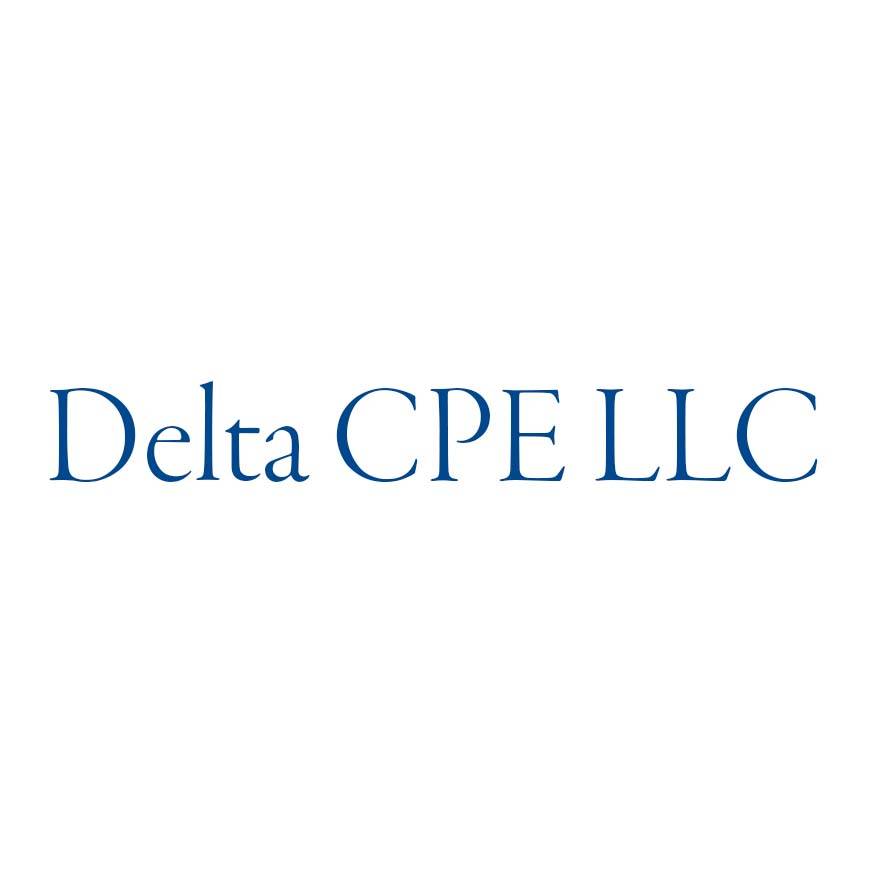Self-Study
Modern Supervision
Empowering guide to Effective Supervision and Team Leadership. Develop essential skills for driving team success, from performance management to conflict resolution, whether you're an aspiring or experienced supervisor.

$290.00 – $320.00
Webcasts are available for viewing Monday – Saturday, 8am – 8pm ET.
Without FlexCast, you must start with enough time to finish. (1 Hr/Credit)
Please fill out the form below and we will reach out as soon as possible.
CPE Credits
10 Credits: Personnel/Human Resources
Course Level
Overview
Format
Self-Study
Course Description
The role of a supervisor is both critical to organizational effectiveness and challenging to execute, often determining the success or failure of the entire organization. This business management and organization CPE course is tailored specifically to equip both aspiring and experienced supervisors with the essential knowledge and skills needed for effective supervision. It addresses the complexity of the supervisory role, from decision-making processes to team productivity and conflict resolution. The course explores the intricate aspects of supervision, such as management by objectives (MBO), planning, organizational structure, and communication improvement strategies. For potential supervisors, it provides a thorough introduction to the challenges they will face, and for seasoned supervisors, it offers a valuable review and fresh perspectives on various supervisory tasks. Additionally, this online business management and organization CPE class covers critical areas like motivation theories, employee counseling, performance appraisals, and managing diverse groups. By completing this course, participants will be well-equipped to enhance their supervisory skills, leading to improved team productivity and organizational success.
Learning Objectives
Upon successful completion of this course, participants will be able to:
Chapter 1
- Identify the titles, roles and skillsets of supervisors.
- Recognize different decision-making processes and the beneficial aspects of each.
Chapter 2
- Recognize examples of how to improve work objectives and understand the concept of management by objectives (MBO).
- Recognize the planning process and the supervisor’s role in planning.
Chapter 3
- Identify the rationale behind organizational structure and recognize how roles and individuals interact within the structure.
- Recognize ways to improve communication within the organization.
Chapter 4
- Recognize different motivation theories and strategies.
- Identify examples of training experiences.
Chapter 5
- Recognize the steps necessary to improve team productivity.
- Identify ways to help counsel employees and recognize the value and attributes of performance appraisals.
Chapter 6
- Identify the root cause of absenteeism and tardiness problems.
- Recognize the effects of conflicts within an organization.
Chapter 7
- Identify the regulations and the enforcement policies governing diverse groups.
- Recognize different methods for confronting problem employees.
Chapter 8
- Identify the elements within a labor contract and recognize how to minimize labor grievances.
- Recognize the reasons for disciplinary action and the disciplinary steps a supervisor can take.
Chapter 9
- Identify typical cost categories and cost reduction strategies.
- Identify unsafe conditions in the physical environment and ways to help prevent accidents.
Chapter 10
- Identify different ethical standards and elements of organization politics.
Chapter 11
- Identify ways to establish good work habits and improve time usage.
- Identify self-development programs for career advancement.
Course Specifics
SS6211315
March 26, 2024
There are no prerequisites.
None
202
Compliance Information
CFP Notice: Not all courses that qualify for CFP® credit are registered by Western CPE. If a course does not have a CFP registration number in the compliance section, the continuing education will need to be individually reported with the CFP Board. For more information on the reporting process, required documentation, processing fee, etc., contact the CFP Board. CFP Professionals must take each course in it’s entirety, the CFP Board DOES NOT accept partial credits for courses.
Meet The Experts

For many years, Delta CPE LLC has offered a wide variety of continuing education courses for financial professionals. Topics covered by Delta’s courses include accounting, financial management, budgeting, investments, financial statement reporting, business management, IFRS, ethics, valuations, real estate, and business writing. The diversity and breadth of Delta’s course offerings make the company a prolific and unique contributor to the CPE world. Delta’s well-credentialed authors and contributors have also been published in numerous academic and professional journals and quoted by some of the leading financial media outlets.
Related Courses
-
 Personnel/Human Resources
Personnel/Human Resources
Performance Appraisal Best Practices
Steven M. Bragg, CPA QAS Self-Study
Credits: 2 $58.00
QAS Self-Study
Credits: 2 $58.00$58.00 – $78.00
-
 Personnel/Human Resources
Personnel/Human Resources
Coaching and Mentoring
Steven M. Bragg, CPA QAS Self-Study
Credits: 3 $87.00
QAS Self-Study
Credits: 3 $87.00$87.00 – $107.00
-
 Personnel/Human Resources
Personnel/Human Resources
Recruiting and Hiring
Steven M. Bragg, CPA QAS Self-Study
Credits: 4 $116.00
QAS Self-Study
Credits: 4 $116.00$116.00 – $136.00
